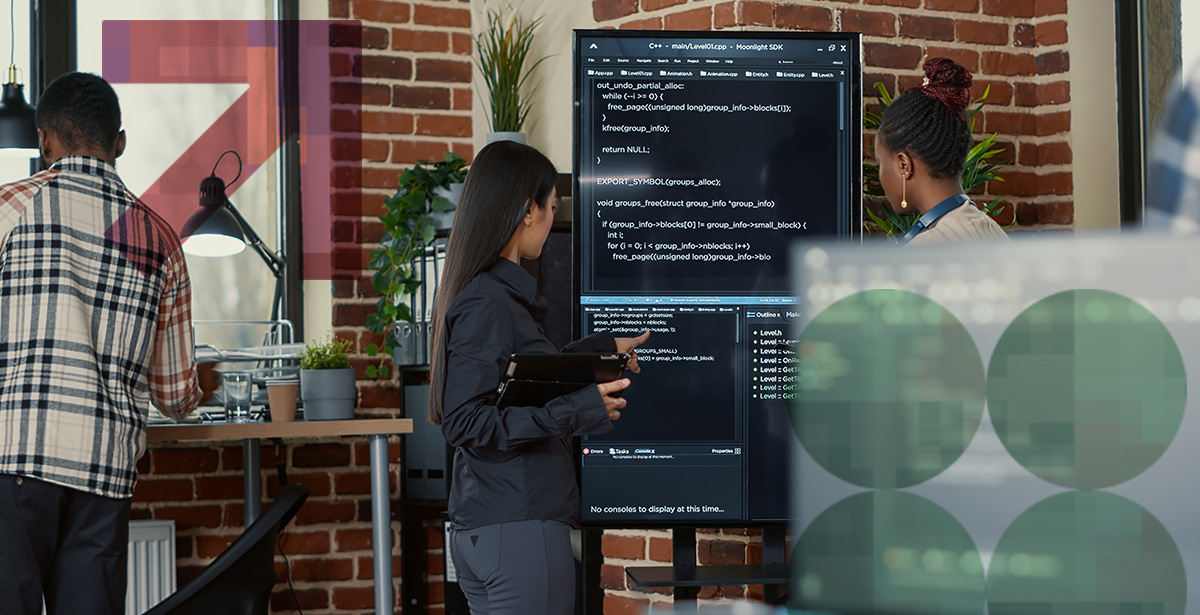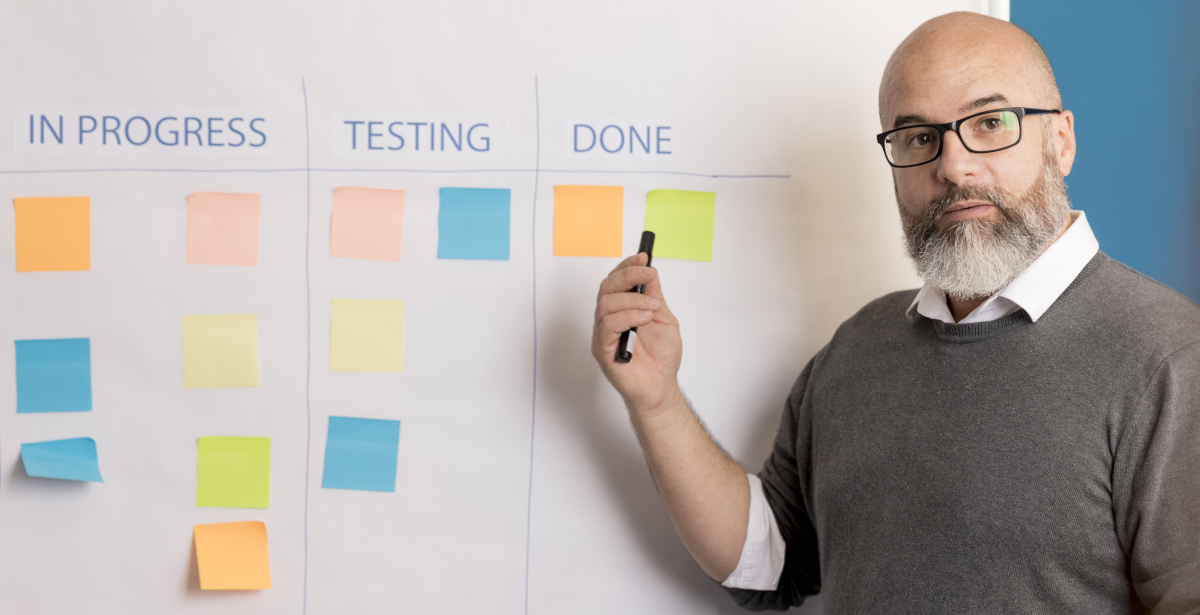What Is Lean Startup Product Development?

Yes, the traditional startup product development method has its merits. However, Lean startup product development is taking center stage. Based on the Lean startup methodology, it can offer organizations many benefits while adding to their bottom lines.
“But What Is a Lean Startup?”
Before explaining what Lean startup product development is, you should learn about the Lean startup method.
The Lean startup is a methodology that relies on rapid iterations, experimentation, and customer feedback for building and scaling startups.
Coined by Eric Ries, it recommends a systematic, scientific approach to creating and managing startups. Moreover, it has proven to be effective in reducing wasted time and resources by –
- Developing a minimum viable product (MVP) to quickly test ideas
- Employing a Build-Measure-Learn feedback loop
- Adapting strategies based on validated learning
Through these steps, organizations can efficiently discover a viable, scalable business model. In addition, they can avoid unnecessary product development since they can continuously adjust to customer needs and market dynamics.
What Are the 5 Principles of Lean Startup?
Another important element of Lean startup is its five principles. You need to understand these as they apply to Lean startup product development as well.
1) Entrepreneurs Are Everywhere
According to the Lean startup methodology, entrepreneurs are found in different roles and across an organization’s levels. So, everyone should contribute innovative ideas and participate in the startup process. This, in turn, creates a culture of creativity and problem-solving throughout the company.
2) Entrepreneurship Is Management
Management is essential for startups. However, it is a little different in Lean startups. It’s more flexible and learning-oriented to ensure the organization’s success.
3) Validated Learning
As a Lean startup, your products should adapt according to customers’ needs. That’s why Lean startup new product development entails a lot of experimentation to find out what works best.
4) Innovation Accounting
Organizations should keep records of test and analysis. This will help them with principle 3 as well as allow them to estimate their progress based on what they learned about innovation.
5) Build-Measure-Learn
The goal of the Lean startup product development model is to create a minimum viable product (MVP).
User feedback is also important to ensure users accept the product. With that in hand, organizations can improve their products iteratively.
Why Lean Startup Is Better
While there are many reasons you should consider Lean startup, the following five may tempt you the most. And you will reap these benefits with Lean startup product development.
- Rapid Iteration – Lean startup emphasizes quick cycles of testing and iteration. Therefore, the methodology ensures faster adaptation to market feedback.
- Cost Efficiency – By focusing on the MVP, resources are optimized. This prevents wasted time and funds on unnecessary features.
- Customer-Centric Approach – Prioritizing customer feedback and validated learning ensures that the product meets market needs. As a result, there’s a lower risk of failure.
- Flexibility and Adaptability – The methodology promotes Agility. This enables startups to adjust their strategies based on real-time insights. Therefore, they stay responsive to market dynamics.
- Continuous Improvement – The Build-Measure-Learn feedback loop allows you to create a culture of continuous improvement. As a result, innovation and sustained growth will follow.
What Is the Lean Startup Development Cycle?
With the basics covered, let’s get into Lean startup product development in more detail.
The Lean startup software development cycle follows the Lean startup methodology as it involves three key stages.
Stage 1) Build
At this phase, an MVP is developed with essential features to test hypotheses and gather feedback. That way, a business can quickly bring a product to market.
Stage 2) Measure
Basically, you should implement metrics and analytics to objectively evaluate how customers interact with the MVP. Your goal is to gather data on user behavior, preferences, and other relevant metrics to assess the product’s performance.
Stage 3) Learn
This is when you analyze data for insights about customer needs, market dynamics, and the viability of the business model. That way, you can make informed decisions about the next steps.
Got More Questions on Product Development with Lean Startup?
DPL is more than happy to discuss Lean startup product development with you. We’re equally excited to use it for your next project. So, get in touch with us through the form below.




